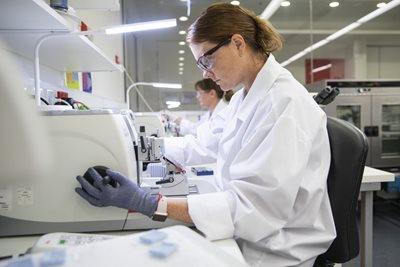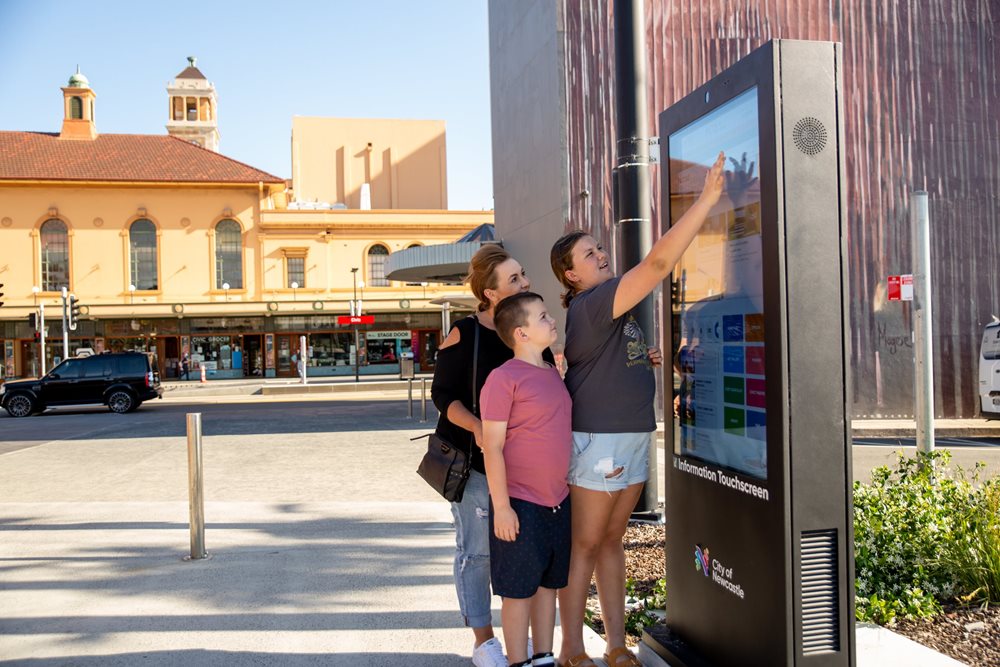
With Newcastle positioning itself as a Smart City - a city that recognises that modern communications and technology are imperative to removing barriers and opening opportunities, it follows that the culture of innovation is one that is growing ever stronger across the city.
In an increasingly digital economy and technology driven landscape, cities need to look towards new approaches, innovative technologies and smart infrastructure to create an environment that supports community and drives economic growth.
Organisations and initiatives such as the University of Newcastle’s Integrated Innovation Network, and Newcastle Institute for Energy and Resources and City of Newcastle’s Living Lab, Landing Pad, and Newihub are at the forefront of driving this innovation through research, networking and encouraging start-ups and entrepreneurs to relocate to the city.
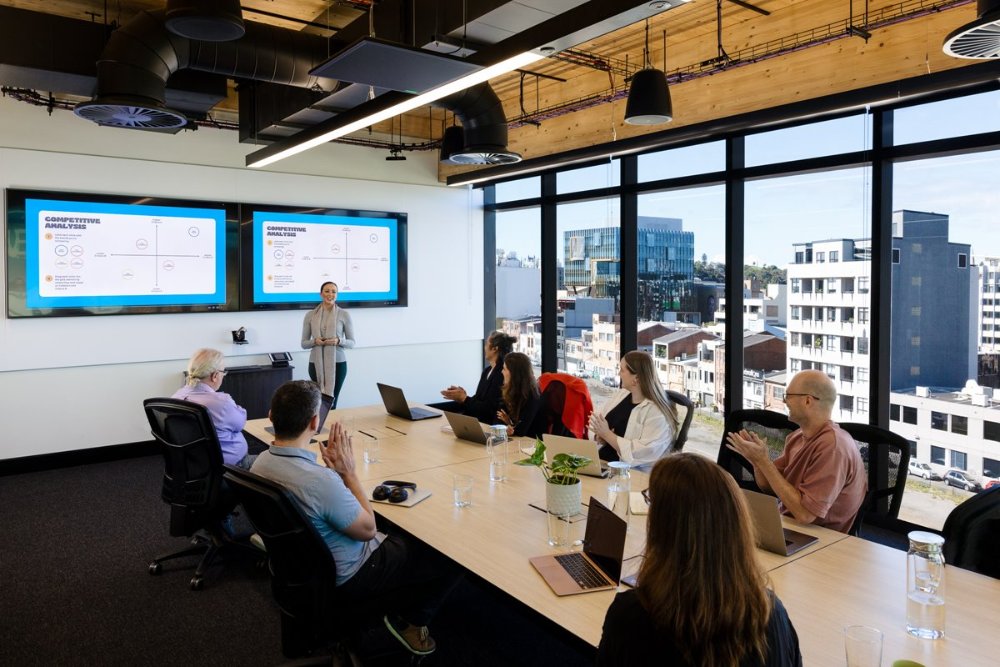
City of Newcastle is also encouraging innovative entrepreneurs to relocate to Newcastle through initiatives such its recent New Move grants program.
“The positive impacts of the relocation of 30 New Move grant recipients have already been felt and REMPLAN economic modelling has shown that the program will create up to 75 new local jobs and up to $25 million in additional local economic output,” City of Newcastle Deputy Lord Mayor Declan Clausen said.
The culture of innovation is also felt throughout the local health sector (the largest employment sector in the region according to REMPLAN data) through the ambitious John Hunter Health and Innovation Precinct.
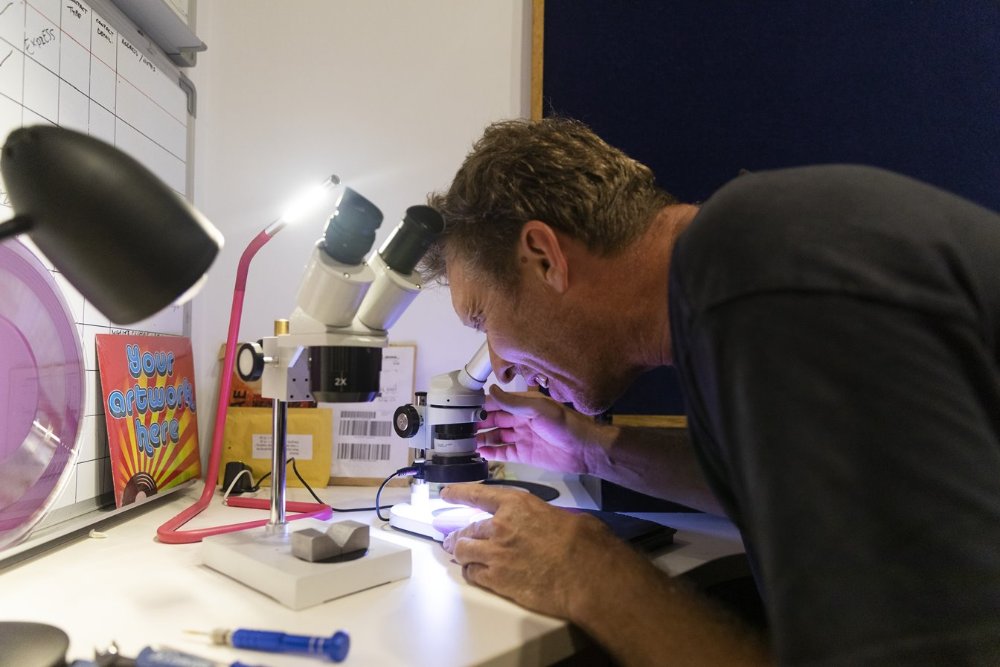
Siobhan Curran, Assistant Director of I2N and Innovation said Newcastle’s size, liveability and shifting work trends post-COVID made the city an ideal location for new start-ups and entrepreneurs.
“We’ve seen a lot of individuals, both start-up entrepreneur founders and workers, who have relocated to regional places like Newcastle because of the change in culture in supporting workers being able to work from home,” she said.
“Secondly, we sort of joke about Newcastle being a Goldilocks city – it’s not too big and not too small. There’s always someone who knows someone who can help you either attract customers, or answer questions about tech or investing, for example.”
Siobhan added that I2N, which aims to connect innovators and entrepreneurs to the community, customers, coaching, and capital, placed a strong emphasis on staff, students and the wider Newcastle community having access to these opportunities.
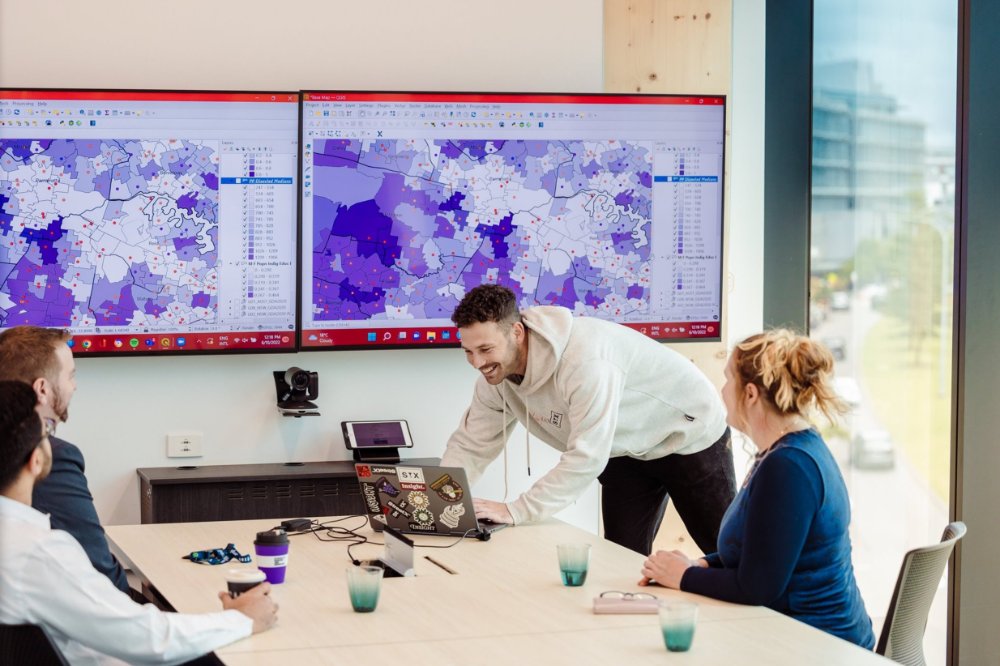
“The University of Newcastle is an anchor institution within the region. There’s not another university for another two-hour drive, so we have a responsibility within the region to provide, not just educational opportunities but also industry collaboration and supporting the entire community on this transition from an industrial economy to a knowledge economy,” she said.
“We also assist in the development and commercialisation of research and the development of enterprise skills of students, staff and the wider community.
“I2N is not exclusive to staff and students - anyone in the community can partake in our programs, because the better connected we are, the more opportunities there are for the network effect to really take hold.”
Siobhan added that organisations like I2N help establish the city’s reputation as an innovation hub.
“One of the benefits of having organisations like I2N is that it helps to put a flagpole into the ground,” she said.
“This is where innovation and entrepreneurship happen. If you want to get connected, if you’ve got an idea, or are already established in business and want to extend your networks, this is where you can come to do it.”
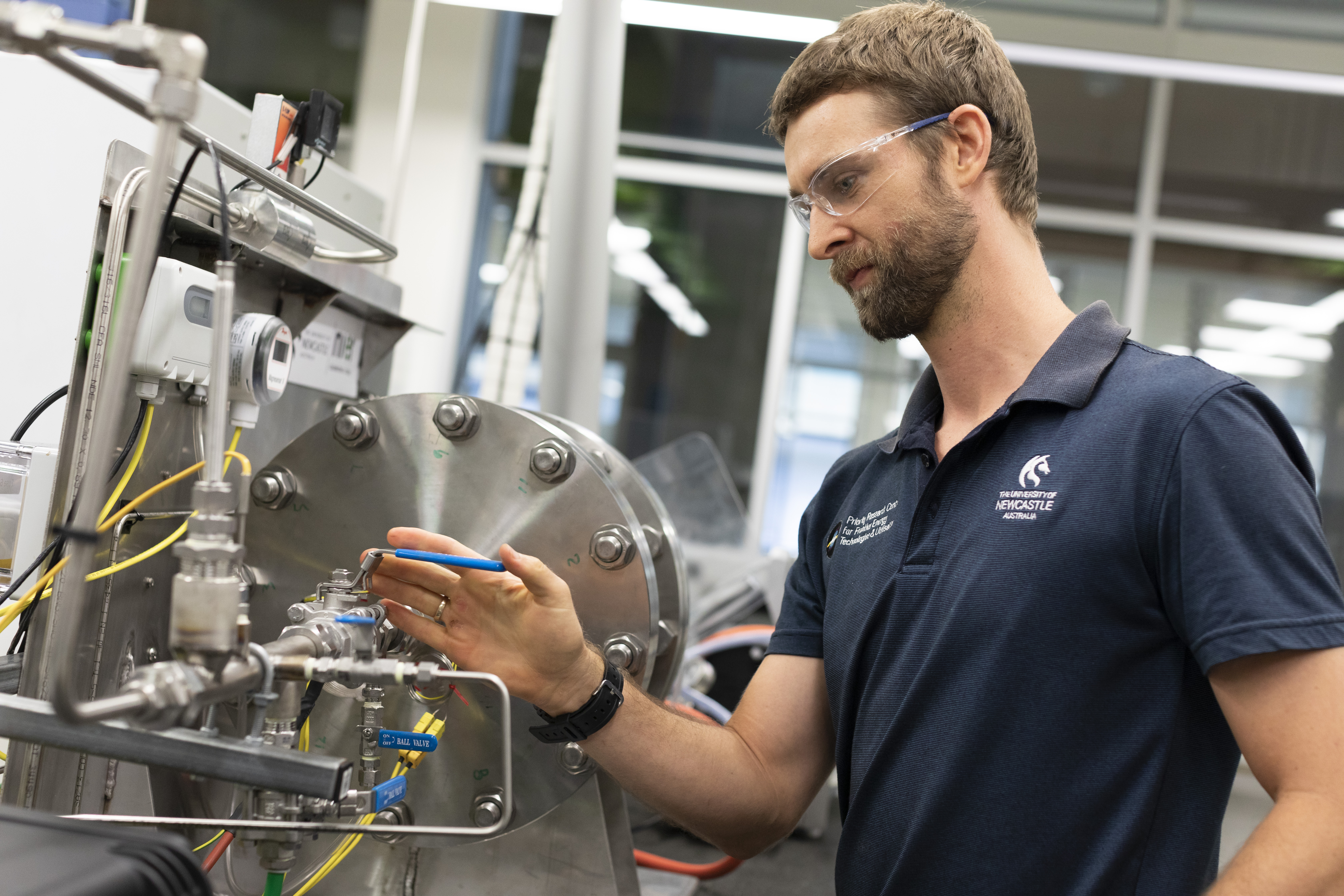.jpg?width=1000&resizemode=force)
